You can’t focus on two things at once, really it’s impossible. Try it. Focus on your foot and your monitor at the same time. For those of you who actually stuck your foot on your monitor, well done, A+ for effort. However, you were still focusing on your foot, then your monitor, then your foot, then your monitor (or maybe you were focusing on your monitor on the floor after accidentally kicking it over!)
Just trust me on this. You cannot focus on more than one thing at a time.
Also, you can’t focus on close up and far away at the same time[1]. You can’t, so stop trying. Your eyes jump between the distances. Try looking at your finger and the horizon at the same time. One of them is always a bit fuzzy, you know it’s there but you can’t quite focus on it.
As you change your focus from one thing to the next or one distance to the other you use up a little bit of re-focusing time. It takes time to change focus.
So, why is this important? You know why! Lack of focus or frequent changes in focus cause waste:
When you try to focus on two things or two distances at the same time you focus on neither or flit from one to the next. That’s waste.
Focus needs great decision making.
I use this idea – close up or far away – to help my clients write their business books. I developed the DML Model (Directions, Map, Landmark)[2] for outlining and controlling the chaotic process of writing (a book, speech, course, article…) and keeping the focus.
To get good at focusing, you need to get great at decision making and brilliant at decision keeping.
One of the best ways I’ve found for keeping decisions is a Decisions Book. Whenever I make an important decision, like:
- what’s important personally (#BFK – see last article),
- what I want to achieve in my business in the next 3 months (finish recording my online From Chaos to Creation course),
- my health (do 3 handstands per day)
I note it in my little red book: Debs’ Little Book of Big Decisions. I date the decision, and carry on with my life.

Periodically, I have a look through the decisions I have made. Some weird/interesting/boring things become apparent:
- I make the same decision more than once. If I find the same decision a couple of times it means I haven’t successfully followed through on something that’s actually important to me. I haven’t kept the decision, so I need to do something different to help me keep it in the future.
- I follow through on more of the things in my decision book than when I don’t put them in there. Writing it down fixes it in my brain and helps me keep the decision!
- I make a lot of stupid decisions. Enough said 😉
It’s not just me who uses a decision book. Daniel Kahneman (the Thinking, Fast and Slow guy) also uses one. He uses it to avoid hindsight bias – you know where you look back and think how obvious it all was.
Decide to start today with a decisions book. Let me know how you get on.
If you prefer a more techy solution try out my Future Me thingy, and send your future self an email outlining your decision.
Stop trying to do everything at once – you can’t, you need to focus.
Start doing one thing well. Right now. Decide. Do it!
Talk soon,
Debs Jenkins
[1] Remember that scene in the caravan in Father Ted, where Dougal was looking at a toy cow, and Father Ted explained the concept of small versus far away? It’s worth a quick giggle: https://youtu.be/MMiKyfd6hA0
[2] My DML Model is a way for thought leaders, entrepreneurs, and experts to work out which book to write, who for and how, with minimal effort and without getting lost, diverted or bored along the way. If you want to know more respond to this email or wait till the next newsletter…

